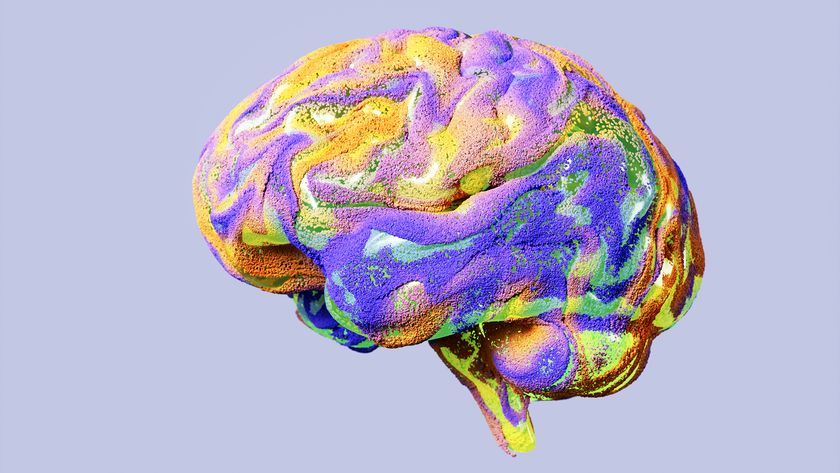Laws Might Change as the Science of Violence Is Explained
NEW YORK — People have struggled to explain human's capacity for violence since at least as far back as Homer, and recent advances in neuroscience have produced the clearest explanations yet. As those discoveries about the neuroscience of violence continue to emerge, the law will have to struggle with newer, finer and more complex definitions of criminal responsibility, according to a panel discussion here last week at the World Science Festival.
During a talk entitled "Brutality and the Brain," panel members Marc Hauser, Oliver Goodenough and Stephen J. Morse agreed that genetic predisposition and neurochemistry should affect how the legal system deals with violent offenders.
"[With neuroscience] we can make better distinctions between criminals and better distinctions about what we should criminalize," said Goodenough, the co-director of the Law Lab project at Harvard University.
In order to understand the why of human violence, scientists like Goodenough are looking at a person's genetic predisposition to commit a crime and the brain of someone who has committed a crime. If science can show that genetics and brain chemicals conspired to severely limit a person's ability to choose a non-violent solution to a situation, the law might need to give that person a lighter sentence than one who had more options, but still chose the violent route, Goodenough said.
That person who is genetically or neurologically predisposed to violence still broke, said Morse, a professor of Law at the University of Pennsylvania. He likened a violence-prone individual to an alcoholic. They cannot control their drinking once they start, but they are fully responsible if they take that first drink or refuse to enter a treatment program, Morse said. And if they are responsible for making that choice, neuroscience cannot absolve them of a crime, Morse said.
"Brains don't kill people, people kill people," Morse said. "Just because there's a brain-based explanation doesn’t mean there's no intent. The brain explains intent."
The scientists also suggested a person who is aware of their vulnerability to aggression might have another responsibility: to steer clear of violence-provoking situations or environments.
Sign up for the Live Science daily newsletter now
Get the world’s most fascinating discoveries delivered straight to your inbox.
- 10 Easy Paths to Self Destruction
- Fight, Fight, Fight: The History of Human Aggression
- Humans Crave Violence Just Like Sex












